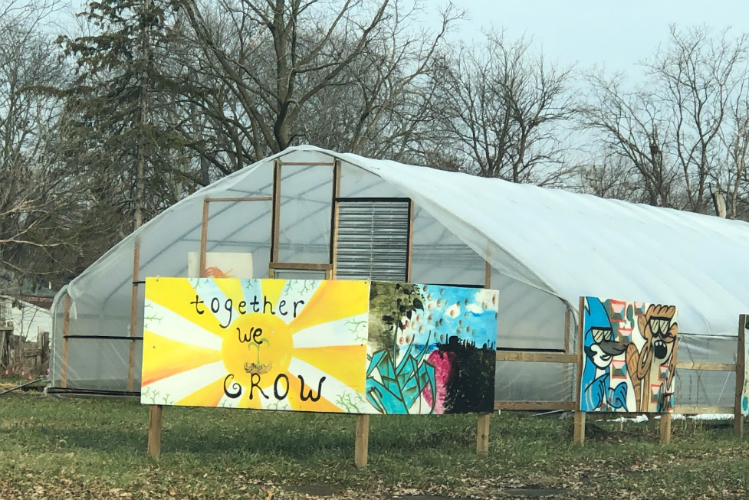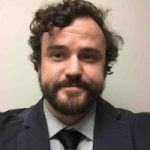See inside Pastor Tommy’s vision for a better Flint
Pastory Tommy’s vision is expansive, including Asbury Farms — a commercial farming operation with eight completed hoophouses and five under construction (with a goal for 40 to 50), a cafe, and a health and wellness center.
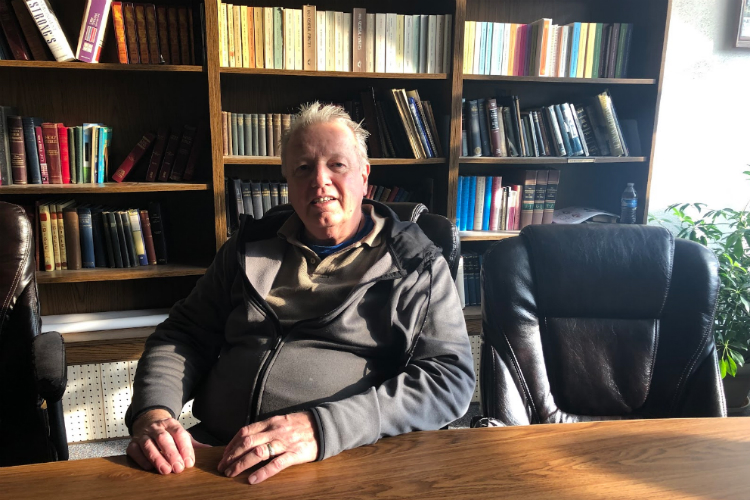
FLINT, Michigan — The afternoon glows through the anteroom office along the boardroom table. Shelves along the wall are stacked with old Bibles, hymnals and seminary books, with the sunlight bouncing indigo off of a 5-foot Magi in the window. Rev. Dr. Tommy McDoniel seems relaxed, yet spring loaded. The former software executive turned pastor at Davison Road Asbury Methodist Church is one part church leader, one part community activist, farmer and non-profit chairman.
Pastor Tommy, as he’s known, will be the first to say how unlikely his journey has been, from software to Bible verses and coding to the cloth. “It’s a calling you know… to really do this you at least got to be sort of half crazy,” he says chuckling mostly to himself. “In fact, I didn’t really understand it clearly at the time, but one of my seminary professors described it like this: ‘You only go into the ministry if you have to.’ … I told my friends this is just what I feel I have to do.”
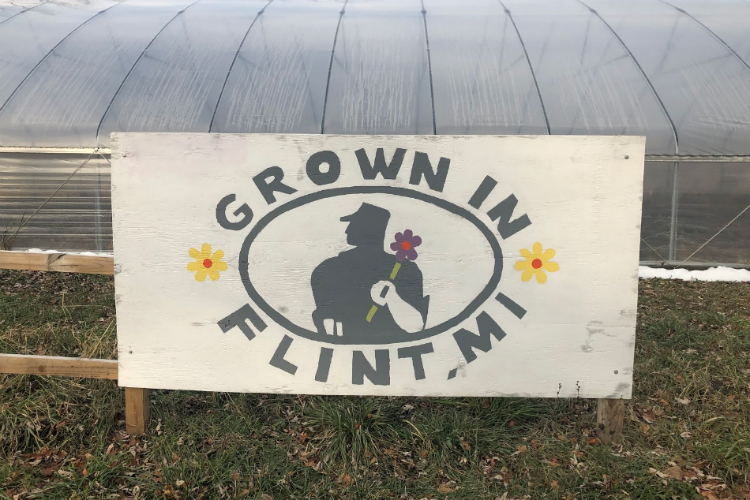
Going into ministry in 2008 and graduating from seminary in 2010, McDoniel was appointed to Asbury in June the next year. McDoniel says that he knew his calling was in distressed communities. “When I first arrived here, I knew I was in over my head. With a career in computer science working with people who are nerds and geniuses … and are generally people of privilege, it doesn’t prepare you for a community with so much struggle.”
Not knowing what to do ended up being his blessing. “So I just started asking for help,” he said. That help led him to all the many ventures he now finds himself apart of, including Asbury Farm, the cafe, the house, and community outreach for health and wellness.
Learning that community garden’s help reduce crime, the church started its first garden back in 2011.
When McDoniel talks about community impact, it’s not some small garden with few fruits and vegetables. Pastory Tommy’s vision is expansive. Asbury Farm is a commercial farming operation with eight completed hoophouses and five under construction. He wants to have 40 to 50 in operation across the city when all is said and done.
“My first thought was: Well, if one garden will help reduce crime — how about 50 gardens? So we started talking to young adults in the neighborhood who were looking to do things like that.” The goal is to generate about $10,000 of revenue from the produce at each hoophouse to help pay for various programs at Asbury.
Related story: Kettering students engineer self-sustaining, water-purifying hoophouse
Along the way McDoniel visited other communities across the country to see what was working in other places. Inspired by the work of Professor John McKnight of Northwestern University in community development, the projects at Asbury are built around the core idea that the key to revitalizing distressed areas is looking at a neighborhood not for its deficits, but for its assets. He also was inspired by Robert Lupton’s, Focused Community Strategies, and his book “Toxic Charity.”
“We developed a ministry model, and I can’t claim it as mine because we borrowed it from everyone that seemed to know what they were doing and having great successes,” he says.
The focus for McDoniel is to combine these strategies, to seek out what people in the neighborhood want, to identify the talents of community members, and to find ways to empower individuals. “Basically we just keep asking: If you can do anything you wanted to do, what would they be doing? And we discovered something, that there is a deep satisfaction that comes with doing what you’re good at, but by applying that through working in the community we build stronger bonds.”
As these strides were being made, the water crisis hit. “That’s when all hell broke loose,” McDoniel said looking out at the fading light over the manger seen in the window. “But we kept thinking as things progressed: What happens when this is all done?’”
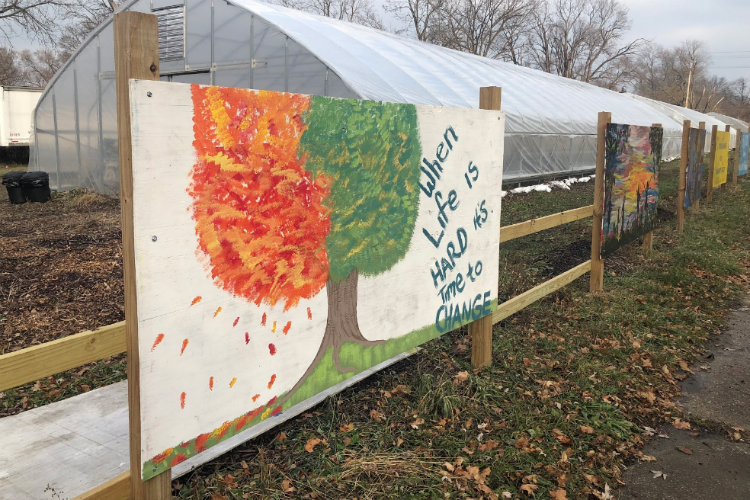
Asbury still operates as a water resource and food center, but McDoniel is looking beyond the present. He is looking for transformative strategies for the health of his neighbors and parishioners.
“Around that time is when we were learning from Dr. Mona that the antidote for this poison is nutrition. It’s what people eat,” he said. “Even before the crisis, we knew Genesee County was the worst in the state for health outcomes. … We have been expanding on vacant land for more hoophouses ever since.”
The cafe at Asbury also provides those restaurant quality grown nutritional meals at low cost, with a “pay what you can” pricing . It is open 10 a.m. to 2 p.m. Fridays.
In August, Asbury added a pilot exchange program called MyFlintStones, which are tokens that can be used at the Asbury stall at the Flint Farmers Market or at the church in exchange for fresh produce. McDoniel is hoping to recruit more organizations for the Community Health Center. Every Tuesday the health center serves 400 to 500 families. The Health Center at Asbury is supported by over 10 agencies and service providers with the Genesee Health Systems mobile health clinic onsite for families to meet with case workers.
Like so many others working on Flint’s frontlines, it is the passion for helping others that keeps Pastor Tommy going. “What I love about it is I love people, and I get to meet people of all kinds with their warts and sores, and with all their joys and hopes and dreams,” McDoniel said as an artist and writer in his own right, “I’ve always felt that creativity takes place on the margins, so the closer you are to the margins the more likely you’re going to be able to experience brilliance on a daily basis, and I see that in a lot of artists in our community.”
As he walks along Jane Avenue looking at the hoophouses, in the fading light of the wintry afternoon, McDoniel keeps the same cheerful yet determined look. “I never set out to be a farmer, but I believe that if you’re listening carefully, you go to where you’re called.”
